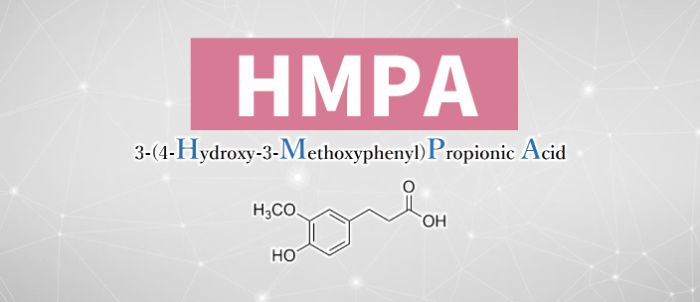HIGHLIGHTS:
- DHS expands UFLPA Entity List by adding 29 Chinese companies, bringing total to 107 entities to combat forced labor
- New restrictions affect multiple sectors including food processing, metals and agriculture, with CBP reviewing over 10,000 shipments valued at $3.6 billion since June 2022
- Expert analysis indicates significant impact on global supply chains, particularly affecting supplement and health product industries sourcing ingredients from restricted regions
Latest UFLPA Updates
The Department of Homeland Security (DHS) has significantly expanded its Uyghur Forced Labor Prevention Act (UFLPA) Entity List, adding 29 Chinese companies and bringing the total to 107 entities. This expansion of the UFLPA enforcement marks a crucial step in the U.S. government’s efforts to combat forced labor in global supply chains, particularly focusing on the Xinjiang Uyghur Autonomous Region (XUAR).
Key Enforcement Actions
The new additions span multiple sectors, including food processing, metals, and agriculture. Starting November 25, 2024, U.S. Customs and Border Protection will apply a rebuttable presumption that goods produced by these 29 entities will be prohibited from entering the United States. This applies to companies either sourcing materials from the XUAR or working with the Xinjiang government to recruit, transport, transfer, harbor, or receive Uyghurs, Kazakhs, Kyrgyz, or members of other persecuted groups.
Notable Companies Added
Among the significant additions are several major companies:
- Tianjin Tianwei Food Co., Ltd., which processes fruit, vegetable, and agricultural products, particularly tomato products. The company has been identified for sourcing tomatoes from Bazhou, Xinjiang.
- Xinjiang Zhonghe Co., Ltd., which focuses on electronic materials and aluminum products used in household appliances, automobiles, and aerospace applications.
- Xinjiang Nonferrous Metals Industry Group Co., Ltd. and its three subsidiaries, including Western Gold Co., Ltd., which process various metals including copper, lithium, beryllium, nickel, manganese, and gold.
Impact and Scope
Since its implementation in June 2022, the UFLPA has led to the review of more than 10,000 shipments valued at over $3.6 billion. As Secretary of Homeland Security Alejandro N. Mayorkas stated, this initiative represents a significant step in preventing goods made through forced labor from entering the country while helping American businesses avoid inadvertently profiting from such practices. The expansion reflects the Biden-Harris administration’s commitment to ethical sourcing, global workers’ rights, and building a more responsible international trade system.
Expert Commentary by YourDailyFit Columnist Alice Winters
Strategic Impact Analysis
The expansion of the UFLPA list represents a significant shift in global supply chain dynamics. The inclusion of agricultural and food processing companies under UFLPA scrutiny particularly affects the supplement and health product industry. Companies worldwide sourcing ingredients from these regions must now reevaluate their supply chains to ensure compliance.
Industry Implications
The impact on the health supplement sector cannot be understated. Many common supplement ingredients, including tomato-based products and herbal extracts, are sourced from the affected regions. The enforcement has created a ripple effect, pushing manufacturers to seek alternative suppliers or face potential import blocks.
Consumer Impact and Market Adaptation
For consumers, the enforcement means greater transparency in product sourcing. Health supplement companies adhering to UFLPA guidelines may face increased production costs, but this ensures ethical sourcing practices. The industry’s adaptation to UFLPA requirements could lead to more localized supply chains and enhanced traceability systems.
As we’ve observed, the UFLPA has become a powerful tool in reshaping global supply chains. While compliance with UFLPA standards may present short-term challenges, it ultimately strengthens the integrity of the health supplement industry. Manufacturers who proactively align with UFLPA requirements will likely gain a competitive advantage in an increasingly conscientious market.
The UFLPA’s expansion reflects a broader shift toward ethical sourcing in the supplement industry. Companies must now balance UFLPA compliance with maintaining product quality and accessibility. This evolution under UFLPA guidelines may lead to innovative sourcing solutions and improved industry standards.
Check out more of Industry News by following this link.



